Ⓒ 2023 Kyligence, Inc. All rights reserved.

Image Source: pexels
Why Tracking Metrics Matters
In the fast-paced world of agencies, tracking metrics and key performance indicators (KPIs) is crucial for success. By monitoring agency metrics, marketing professionals, agency owners, and business managers gain valuable insights into their performance and progress. This allows them to identify areas of strength, weaknesses, and opportunities for improvement. The data-driven decisions made through metric tracking lead to improved performance and client satisfaction. It enables agencies to measure the effectiveness of their strategies and campaigns, ensuring they are on track to achieve their goals. With metric tracking, agencies can stay ahead of the competition by continuously evaluating their performance and making necessary adjustments.
Unveiling the Power of Agency Metrics
Metrics play a vital role in understanding an agency's performance and progress. They provide a clear picture of how well the agency is doing and help identify areas of strength, weaknesses, and opportunities for improvement. By tracking metrics, agencies can measure the effectiveness of their strategies and campaigns, ensuring they are on the right track to achieve their goals.
Understanding the Importance of Metrics
Metrics provide valuable insights into an agency's performance by quantifying various aspects of its operations. They allow agencies to assess their success in acquiring clients, generating revenue growth, and executing effective marketing campaigns. By analyzing metrics such as client acquisition rates, conversion rates, and campaign ROI, agencies can gauge their overall performance and make informed decisions about resource allocation.
The Role of Key Performance Indicators (KPIs)
Key Performance Indicators (KPIs) are specific metrics that align with an agency's goals and objectives. These indicators act as benchmarks for measuring success and progress. For example, KPIs may include metrics related to client satisfaction levels, revenue targets, or campaign engagement rates. By monitoring KPIs regularly, agencies can track their performance in these critical areas and take corrective actions if necessary.
KPIs also serve as a guide for setting realistic targets and evaluating the effectiveness of strategies. They enable agencies to focus on key areas that directly impact their success while providing a standardized framework for measuring progress over time.
Leveraging Metrics for Data-Driven Decision Making
Data-driven decision making is a powerful approach that involves using metrics to guide strategic choices. By relying on factual insights rather than guesswork, agencies can optimize their marketing campaigns, target the right audience, and allocate resources effectively.
The Power of Data-Driven Decision Making
Data-driven decision making allows agencies to make informed choices based on concrete evidence. By tracking metrics and analyzing performance data, agencies gain valuable insights into what works and what doesn't. This approach minimizes the risk of making decisions based on assumptions or personal biases.
Agencies can leverage data to optimize their marketing campaigns by identifying which strategies are driving the most engagement and conversions. By understanding which channels, messages, or tactics are resonating with their target audience, agencies can refine their approach and allocate resources more efficiently.
Identifying Trends and Patterns
Metrics help agencies identify trends and patterns in consumer behavior. By analyzing data such as website traffic, social media engagement, or customer feedback, agencies can uncover valuable insights about their audience's preferences and needs.
This information allows for targeted marketing efforts and personalized campaigns that resonate with consumers on a deeper level. Agencies can adapt their strategies to meet changing market demands by staying ahead of emerging trends and tailoring their messaging accordingly.
By leveraging metrics to identify trends and patterns, agencies can stay proactive in their approach, ensuring they are always one step ahead of the competition.
Delivering Excellence through Metrics
Metrics play a crucial role in improving an agency's performance and efficiency. By tracking metrics, agencies can identify areas of underperformance and inefficiency, allowing them to implement necessary improvements. This leads to optimized processes, reduced costs, and ultimately better results.
Improving Performance and Efficiency
Metrics act as a spotlight, highlighting areas where an agency may be falling short or experiencing inefficiencies. By analyzing these metrics, agencies can identify bottlenecks or areas that require improvement. Whether it's streamlining internal processes, optimizing resource allocation, or enhancing team collaboration, metrics provide valuable insights for making data-driven decisions that lead to improved performance.
Tracking metrics allows agencies to measure their progress over time and set realistic goals for improvement. By monitoring key performance indicators (KPIs) for agencies such as client acquisition rates, revenue growth, or campaign ROI, agencies can continuously strive for excellence.
Enhancing Client Satisfaction
Metrics also enable agencies to measure client satisfaction and identify areas for improvement. By tracking metrics related to client feedback, response times, or project success rates, agencies can proactively address client concerns and deliver exceptional service.
Satisfied clients are more likely to become repeat customers and refer the agency to others. By consistently monitoring client satisfaction metrics and taking action based on the insights gained from them, agencies can build strong relationships with their clients and foster long-term partnerships.
Gaining an Edge with Effective Metric Tracking
Effective metric tracking gives agencies a competitive advantage in the industry. By consistently monitoring and analyzing metrics, agencies can identify industry trends, benchmark against competitors, and adapt their strategies accordingly. This allows them to stay ahead of the curve and position themselves as industry leaders.
Staying Competitive in the Industry
Agencies that effectively track metrics gain valuable insights into market trends and customer behavior. By understanding these trends, they can proactively adjust their strategies to meet changing demands. This agility enables them to stay competitive and ensure their offerings remain relevant in a rapidly evolving landscape.
Additionally, by benchmarking against competitors, agencies can assess their performance relative to others in the industry. This provides a clear understanding of where they stand and helps identify areas for improvement or differentiation. By leveraging this information, agencies can refine their strategies, enhance their value proposition, and outperform their competition.
Maximizing Return on Investment (ROI)
Metrics play a crucial role in measuring the return on investment (ROI) of marketing efforts. By tracking metrics such as conversion rates, customer acquisition costs, or revenue generated per campaign, agencies can determine which strategies and campaigns are generating the highest returns.
This insight allows agencies to focus their resources on high-performing areas while optimizing underperforming ones. By allocating resources strategically based on metric analysis, agencies can maximize their ROI and ensure that every dollar spent delivers tangible results.
Harnessing the Power of Agency Metrics
Tracking metrics and key performance indicators (KPIs) is essential for agencies to thrive in a fast-paced industry. It enables data-driven decision making, improves performance, and enhances client satisfaction. By leveraging metrics, agencies can gain a competitive edge by staying ahead of industry trends, benchmarking against competitors, and adapting their strategies accordingly. Effective metric tracking also allows agencies to maximize their return on investment (ROI) by focusing resources on high-performing areas. Ultimately, harnessing the power of agency metrics empowers agencies with valuable data-driven insights that drive success and help them achieve their goals.
